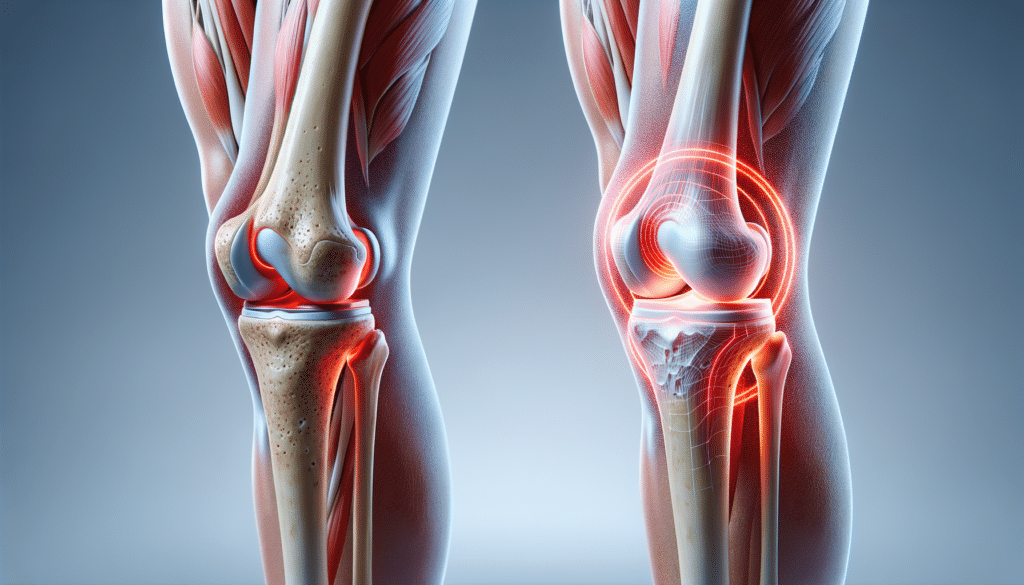The Role of Tow Trucks in Modern Society
Tow trucks play a vital role in modern society by providing crucial roadside assistance and vehicle recovery services. They are the unsung heroes of the road, coming to the rescue when vehicles break down, are involved in accidents, or need to be relocated for various reasons. The importance of tow trucks cannot be overstated, as they help maintain traffic flow, ensure safety, and offer peace of mind to drivers in distress. With an increasing number of vehicles on the road, the demand for efficient and reliable towing services has grown significantly.
Tow trucks come in various types, each designed to handle specific situations. From flatbed trucks to wheel-lift and integrated tow trucks, these vehicles are equipped with specialized tools and technology to safely transport different types of vehicles. Whether it’s a small car or a heavy-duty truck, tow trucks are designed to handle the job efficiently. Their versatility is one of the reasons they are indispensable in urban and rural settings alike.
The presence of tow trucks also contributes to road safety. By quickly removing disabled or damaged vehicles from the road, they help prevent traffic congestion and reduce the risk of further accidents. This aspect of their service is particularly important in high-traffic areas where even a minor incident can cause significant delays. Moreover, tow truck operators are trained professionals who understand the nuances of vehicle recovery and roadside assistance, ensuring that each operation is conducted safely and efficiently.
Types of Tow Trucks and Their Applications
Tow trucks come in various forms, each suited to different towing needs and scenarios. Understanding the types and their specific applications can help in appreciating the complexity and capability of these vehicles.
Flatbed Tow Trucks: These are among the most versatile and commonly used tow trucks. They feature a flat platform where vehicles can be securely loaded and transported. Flatbed tow trucks are ideal for transporting all-wheel-drive vehicles, luxury cars, or any vehicle that requires safe and damage-free transport.
Wheel-Lift Tow Trucks: These trucks use a metal yoke that hooks under the front or rear wheels of a vehicle. They are efficient for short-distance towing and are often used in urban settings where space is limited. While not as secure as flatbed towing, wheel-lift tow trucks are quicker to deploy.
Integrated Tow Trucks: These are specialized vehicles used for heavy-duty towing. They are equipped with additional axles and a more robust construction, making them suitable for towing buses, large trucks, and other substantial vehicles. Integrated tow trucks are essential for operations that require significant power and stability.
Each type of tow truck serves a specific purpose, and choosing the right one depends on the situation at hand. The diversity in tow truck designs ensures that there is a suitable option for every towing requirement, from personal vehicles to industrial equipment.
The Economics of Towing Services
Towing services are not just about transporting vehicles; they are a vital part of the automotive economy. The industry supports a wide range of services, from roadside assistance to vehicle recovery and impoundment, contributing significantly to local economies.
The cost of towing services can vary based on several factors, including distance, the type of vehicle being towed, and the complexity of the situation. Generally, the base fee covers a specific radius, with additional charges for extended distances. The type of tow truck required also affects the pricing, with flatbed towing typically costing more due to the added security and care provided.
Towing companies often work closely with insurance providers, offering services that are covered under roadside assistance policies. This collaboration ensures that drivers receive timely and efficient help without facing prohibitive costs. Additionally, many towing services offer subscription-based models, providing peace of mind for drivers who frequently travel or who want to be prepared for unexpected vehicle issues.
The towing industry also provides employment opportunities for skilled operators and drivers, contributing to job creation and economic stability. As the demand for towing services continues to grow, so does the need for trained professionals, making it a viable career path for many.
Choosing a Reliable Towing Service
Selecting a reliable towing service is crucial for ensuring that your vehicle is handled with care and efficiency. With numerous options available, it can be challenging to determine which service provider will meet your needs effectively.
Reputation and Reviews: One of the key indicators of a reliable towing service is its reputation. Checking online reviews and ratings can provide insight into the experiences of other customers. Look for companies that consistently receive positive feedback for their professionalism, punctuality, and customer service.
Range of Services: A comprehensive towing service should offer a variety of options, including roadside assistance, flatbed towing, and heavy-duty towing. This range ensures that they can handle any situation that may arise, from simple breakdowns to complex recovery operations.
Response Time: In emergency situations, the speed of response is critical. Choose a towing service known for its quick dispatch and efficient handling of calls. Many reputable companies offer 24/7 service, ensuring that help is available whenever you need it.
Insurance and Licensing: Ensure that the towing service is fully licensed and insured. This not only guarantees that they meet industry standards but also provides peace of mind that your vehicle is protected in case of any mishap during the towing process.
The Future of Tow Trucks and Services
The future of tow trucks and services is evolving with advancements in technology and changes in transportation trends. As vehicles become more sophisticated, the towing industry must adapt to meet new challenges and leverage opportunities.
Technological Advancements: The integration of technology in tow trucks is transforming the industry. GPS tracking, automated dispatch systems, and real-time communication tools are improving efficiency and response times. These advancements enable towing companies to provide faster and more reliable services.
Electric and Autonomous Vehicles: The rise of electric and autonomous vehicles presents new challenges for towing services. These vehicles require specialized handling and equipment, prompting the industry to invest in training and technology to accommodate these changes. As the adoption of such vehicles increases, towing services will need to continually update their capabilities.
Sustainability Efforts: Environmental concerns are driving the towing industry to explore sustainable practices. This includes the use of eco-friendly tow trucks and the implementation of green business practices. By reducing their carbon footprint, towing companies can contribute to broader efforts to combat climate change.
The future of tow trucks and services is bright, with innovation paving the way for improved efficiency and customer satisfaction. As the industry continues to evolve, it will remain an essential component of the transportation ecosystem, ensuring that vehicles and drivers receive the support they need.





